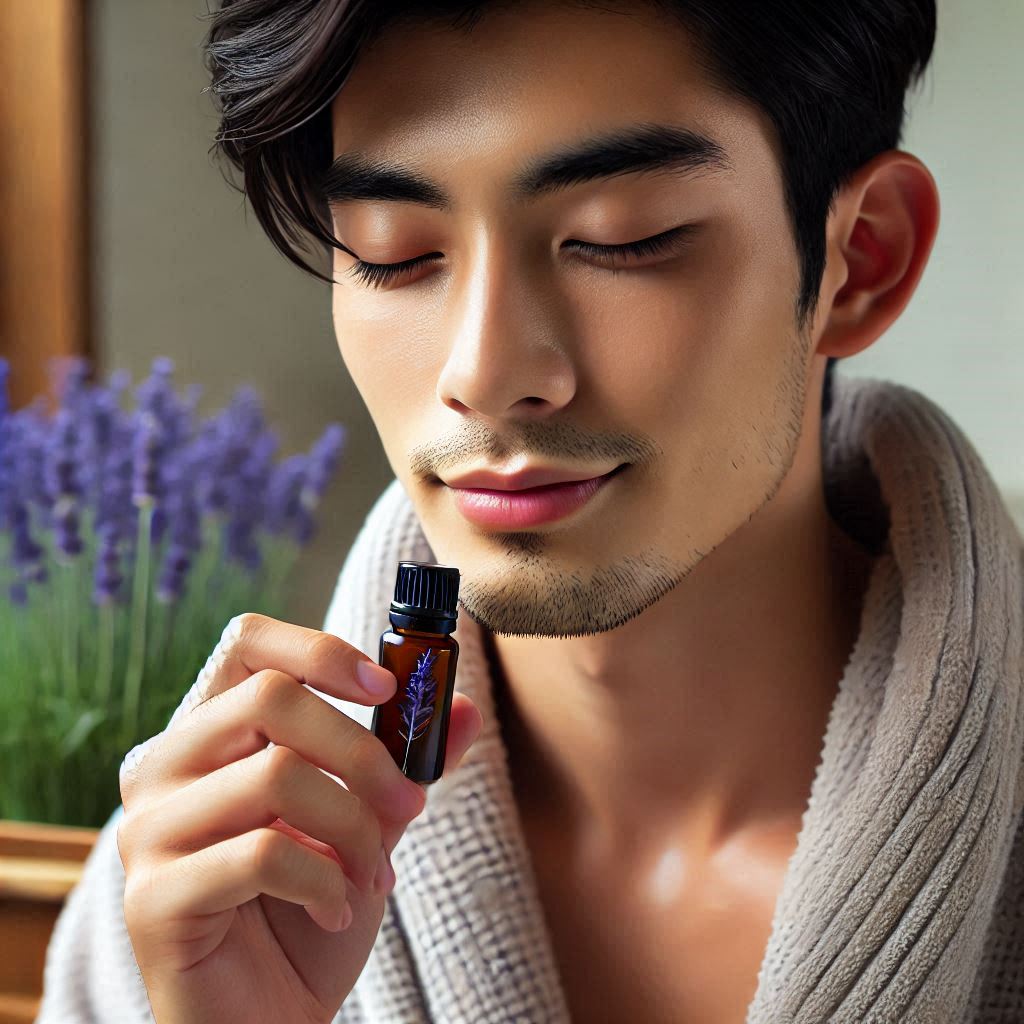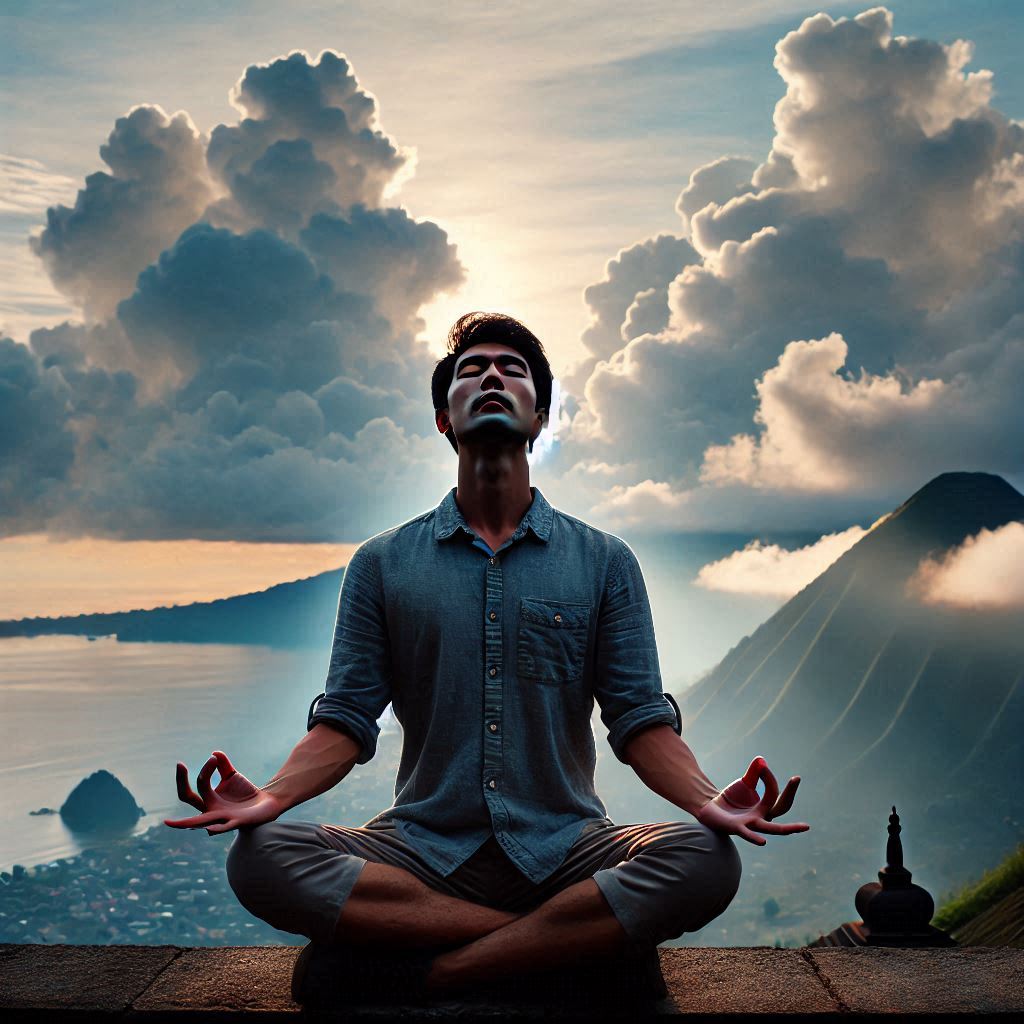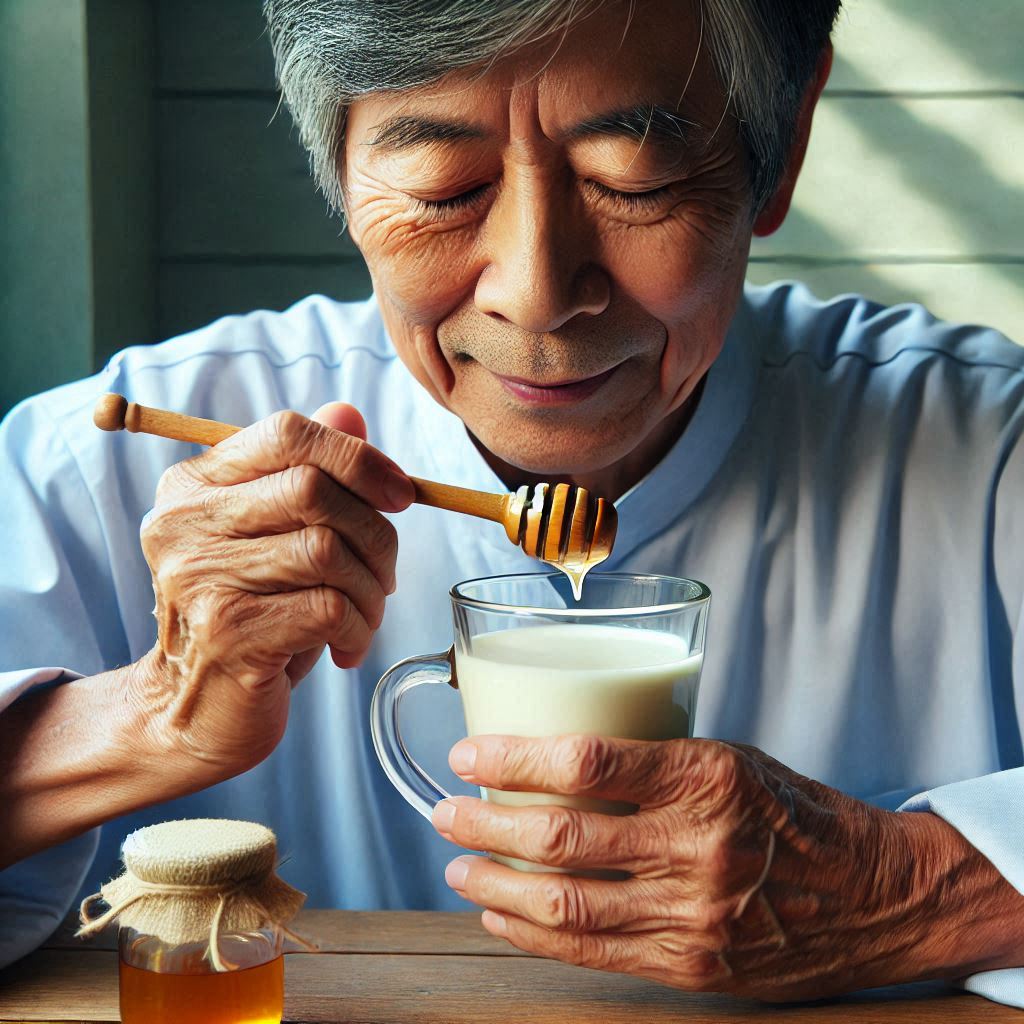


Struggling to get a good night’s sleep? Discover natural remedies to improve your sleep quality and overcome insomnia without medications!




Lavender's calming scent promotes relaxation, reduces stress, and helps your body and mind unwind, making it easier to fall asleep.
Did you know? Lavender is known for its calming properties, and research suggests it can help reduce anxiety and promote relaxation, making it a great natural sleep aid.

Valerian root works by increasing the amount of GABA in the brain, which promotes relaxation and reduces anxiety, helping you fall asleep more easily.
Did you know? Valerian root is an herb that has been used for centuries to treat insomnia. It’s known to have mild sedative effects, helping you relax and sleep better.

Meditation and breathing exercises calm the nervous system, lower cortisol levels, and help prepare the body for rest, making it easier to fall asleep.
Did you know? Mindfulness meditation and deep breathing techniques have been shown to reduce stress and anxiety, which are common culprits of insomnia.

Magnesium helps regulate melatonin, the sleep hormone, and relaxes the muscles, making it easier to fall asleep and stay asleep.
Did you know? Magnesium is a mineral that plays a crucial role in relaxing muscles and the nervous system, helping promote deeper and more restful sleep.

Warm milk is an age-old remedy for insomnia. The soothing effect of warm milk combined with honey’s natural calming properties helps to prepare the body for sleep.
Did you know? The combination of milk’s tryptophan and honey’s natural sugars can help the body produce more serotonin, which converts into melatonin, promoting sleep.

A dark, quiet, and cool room promotes relaxation and helps the body naturally transition into sleep, improving the quality of your rest.
Did you know? Your environment plays a significant role in your sleep quality. Darkness triggers the production of melatonin, while a cool room temperature is ideal for sleep.

Regular physical activity improves sleep quality by reducing anxiety and helping regulate the sleep-wake cycle, allowing you to fall asleep faster and stay asleep longer.
Did you know? Exercise increases the production of endorphins, which can help reduce stress and anxiety, both of which contribute to insomnia.
Helps reduce anxiety and promotes relaxation, making it easier to fall asleep.
Increases GABA levels in the brain, promoting relaxation and better sleep quality.
Reduces stress, lowers cortisol, and prepares the body for rest.
Relaxes muscles, regulates sleep hormones, and promotes restful sleep.
A natural combination that boosts serotonin and melatonin production, aiding sleep.
Reduces distractions and promotes melatonin production for better sleep.
Reduces stress, balances sleep-wake cycles, and improves sleep quality.
You can start using lavender essential oil about 30 minutes before bed to allow its calming effects to take hold.
While valerian root is primarily used for insomnia, it can be taken during the day to promote relaxation, but it may cause drowsiness.
You can take magnesium daily, but it’s best to start with a small dose and gradually increase as needed, always consulting a healthcare provider first.